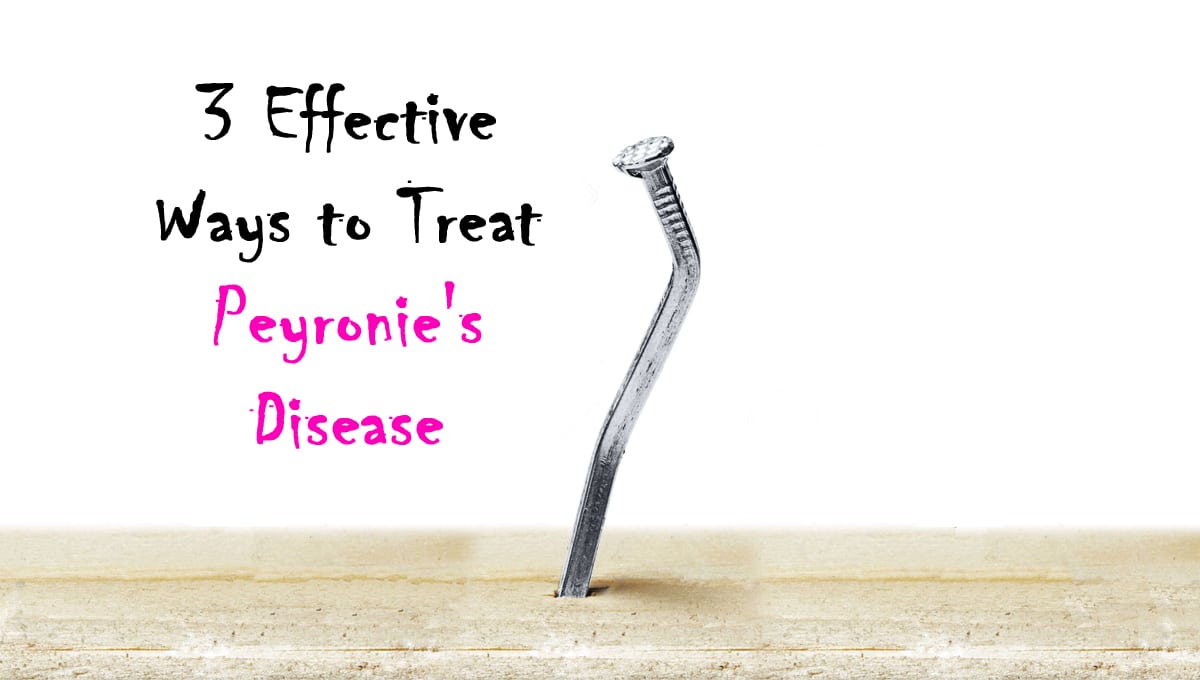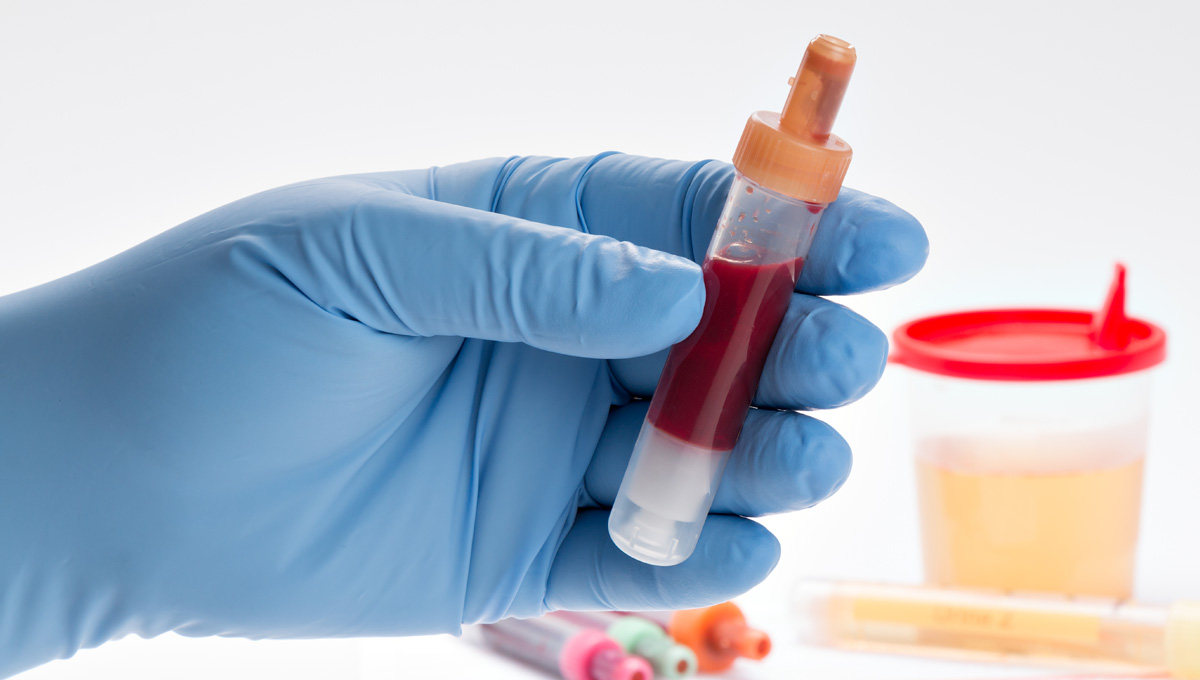For men who are done having children, vasectomy is an effective method for birth control. As a surgical procedure that involves the cutting, blocking or sealing off tubes that transport sperm out of the testicles, vasectomy prevents the release of sperm during sex and is therefore a long-term form of birth control. About 1 in 7 men undergoes vasectomy after the age of 35 years. However, while the procedure is fairly simple and generally safe, it has sparked controversy about various long-term risks, particularly its link to prostate cancer (PCa). The prostate gland is located just behind the tubes and adds essential fluids to semen, so there has been a longstanding fear that vasectomy may cause prostate cancer.
Does vasectomy increase the risk of prostate cancer?
A 2014 Harvard research generated panic when it associated vasectomy with a 10 percent increase in the risk of prostate cancer and a 20 percent increased risk of the aggressive form of the cancer. But according to a recent report published online in the JAMA Internal Medicine, those numbers were probably overblown. Based on a comprehensive review and meta-analysis drawing on more than three decades of epidemiologic literature, the researchers in this study demonstrated that any risk posed by vasectomy, if at all existent, is too small to be of clinical importance.
The researchers reviewed and analyzed 53 studies, including 33 case-control studies involving 44,536 men, 4 cross-sectional studies involving 12,098,221 men, and 16 cohort studies involving 2,563,519 men. The analysis revealed no significant link between vasectomy and aggressive prostate cancer, whether high-grade cancer (Gleason score of 8 or more), advanced (normally T3-4, positive nodes or metastasis), or fatal prostate cancer (PCa). And when data from 6 case-control studies and 7 cohort studies considered to be of low risk according to the Newcastle-Ottawa Scale were analyzed, a non-significant 6 percent increased risk of prostate cancer was noted in the 6 case-control studies while the 7 cohort studies gave a weak but noteworthy 5 percent increased risk of prostate cancer.
From the data, the researchers calculated the absolute increase in lifetime risk of prostate cancer for those who have undergone vasectomy. It was found that vasectomy has an absolute lifetime risk of prostate cancer of just 0.6 percent and may only be responsible for 0.5 percent of prostate cancer cases in the population. This led to the conclusion that the association between vasectomy and prostate cancer is at most trivial, clinically insignificant and should not stop the use of the procedure for long-term contraception.
Vasectomy is Safe
This study affirms that vasectomy is unlikely to substantially increase the risk of having any type of prostate cancer. It also affirms that there is no difference in development of prostate cancer between those who undergo vasectomy and those who do not. In fact, the small risk of low-intermediate tumors reported is attributed to the fact that men who get vasectomies also tend to take PSA tests for prostate cancer, which can detect early-stage disease.
If you are looking for a safe and effective form of birth control, do not let fears of prostate cancer discourage you. Vasectomy does not increase your risk of the cancer. And while more research on the causes of prostate cancer is still ongoing, you can lower your risk by maintaining a healthy weight, regular exercise, eating a low-fat diet, increasing vegetable intake, decreasing dairy intake, and quitting smoking. Talk to your urologist about what is right for you depending on your medical history.













